The Ripple Effect of Employee Onboarding
Introduction
Employee onboarding is often the first real impression your company makes on new hires. It's far more than a day-one orientation; it's the initial chapter of an employee's journey within your organization. A well-structured onboarding process does not only facilitate a smooth transition for new hires but also sets the tone for their engagement, productivity, and long-term retention. Let's delve into how impactful onboarding can influence various facets of the workplace.
Boosting Employee Engagement
Engagement starts the moment a new hire says 'yes' to your offer. A thoughtful onboarding experience can significantly boost their enthusiasm and commitment. When employees feel welcomed, valued, and well-informed from the outset, they're more likely to engage deeply with their work, team, and the company's mission. Engaged employees are not just happier; they're more productive, creative, and committed to your organization's success.
Enhancing Productivity
Proper onboarding accelerates the time it takes for new hires to become productive members of the team. By providing clear expectations, necessary tools, and resources, and ample training, employees can hit the ground running. They spend less time navigating new systems and more time contributing to meaningful work, driving the company's objectives forward.
Cultivating Company Culture
Onboarding is a critical period for instilling your company's values and culture in new employees. It's an opportunity to showcase what makes your organization unique and to demonstrate your commitment to employee well-being and development. When employees resonate with the company culture from day one, they're more likely to feel a strong sense of belonging and alignment with the company's goals.
Reducing Turnover
The first few months of employment are pivotal; many employees decide during this period whether they see a future with the company. A comprehensive onboarding program can significantly reduce early turnover by ensuring that new hires feel supported, engaged, and integrated into their teams. This not only saves the cost associated with hiring and training new employees but also fosters a stable, experienced workforce.
Supporting Career Development
Effective onboarding should also lay the groundwork for ongoing learning and development. By introducing new hires to available resources, mentorship opportunities, and career paths within the company, you're investing in their growth from day one. Employees who see a clear trajectory for their development and advancement are more likely to be motivated, engaged, and loyal to the company.
Building Internal Networks
Onboarding is a crucial time for new employees to establish connections within the company. Encouraging interactions with peers, managers, and cross-functional teams can help new hires build a supportive network, enhance collaboration, and foster a sense of community. These relationships are vital for their success and well-being at work.
Conclusion
In conclusion, the impact of employee onboarding extends far beyond the first few weeks of employment. It's a strategic process that influences employee engagement, productivity, cultural assimilation, retention, and development. Investing in a comprehensive onboarding experience is not just beneficial for the new hires; it's a catalyst for your organization's overall health and success. As the adage goes, "You never get a second chance to make a first impression," and in the world of HR, that first impression can indeed make all the difference.

